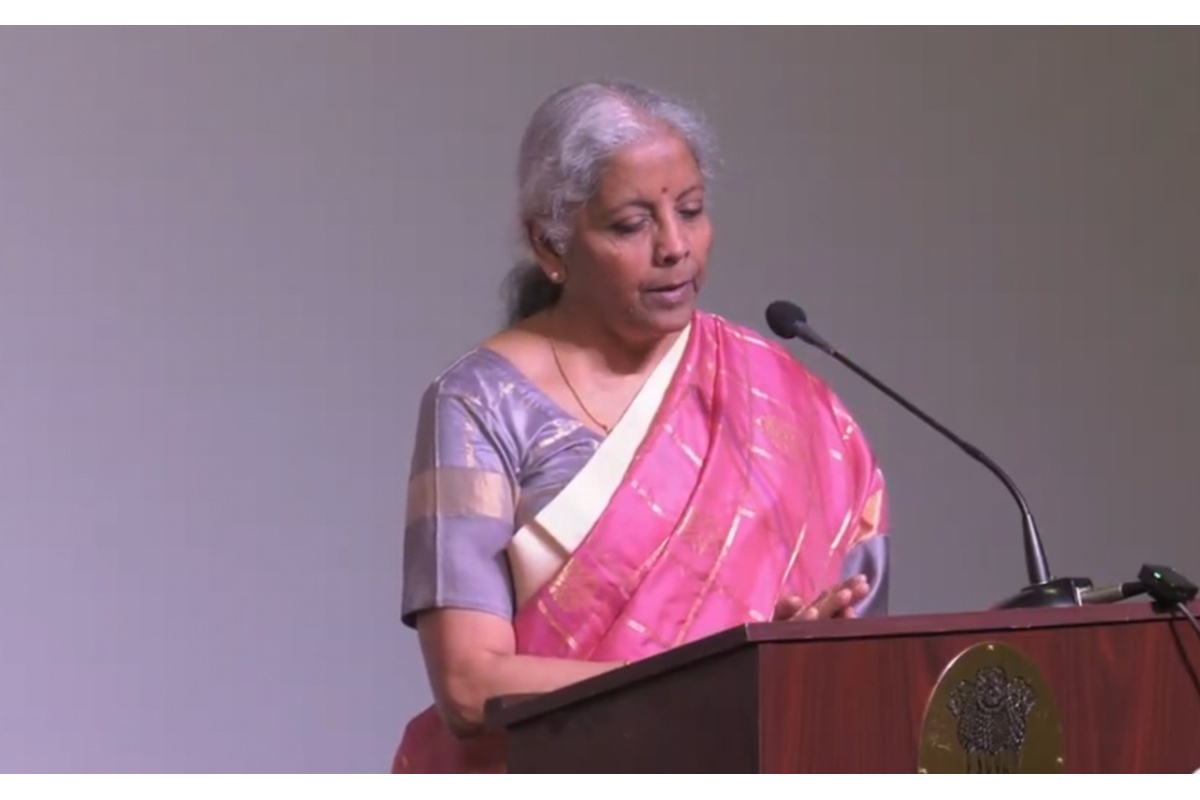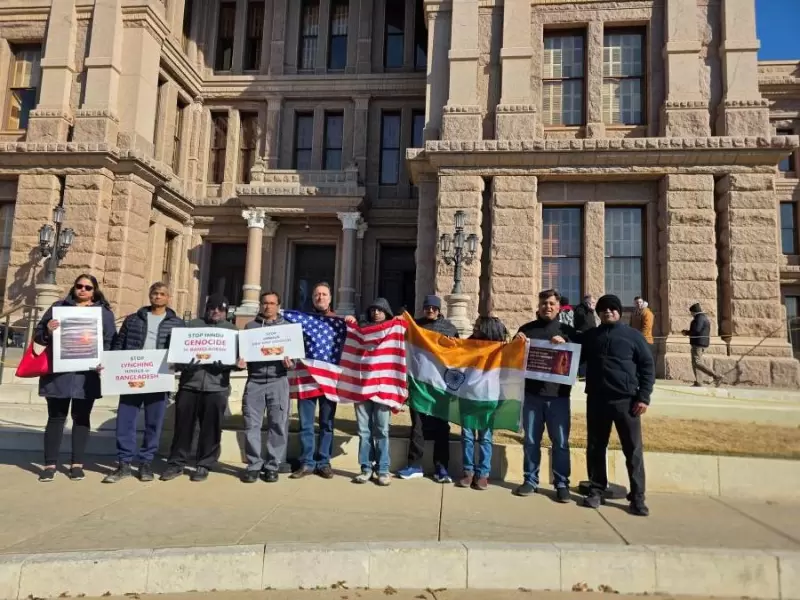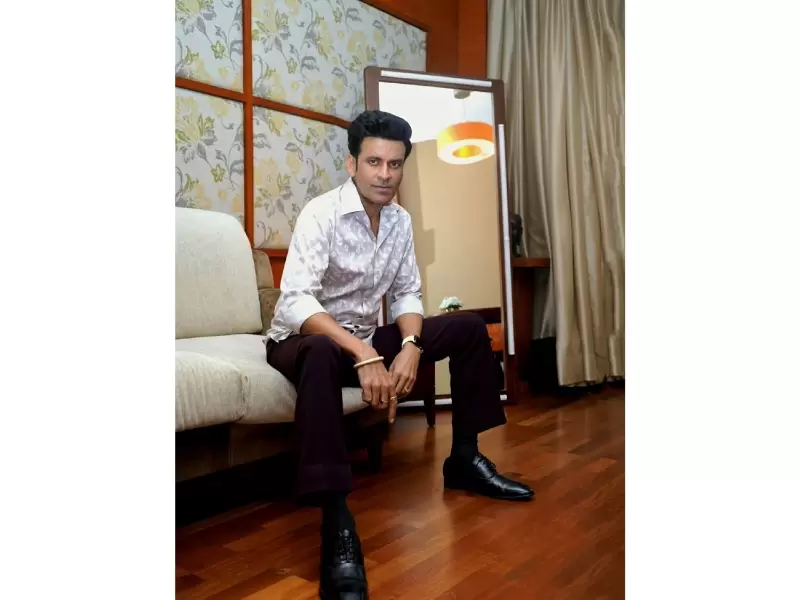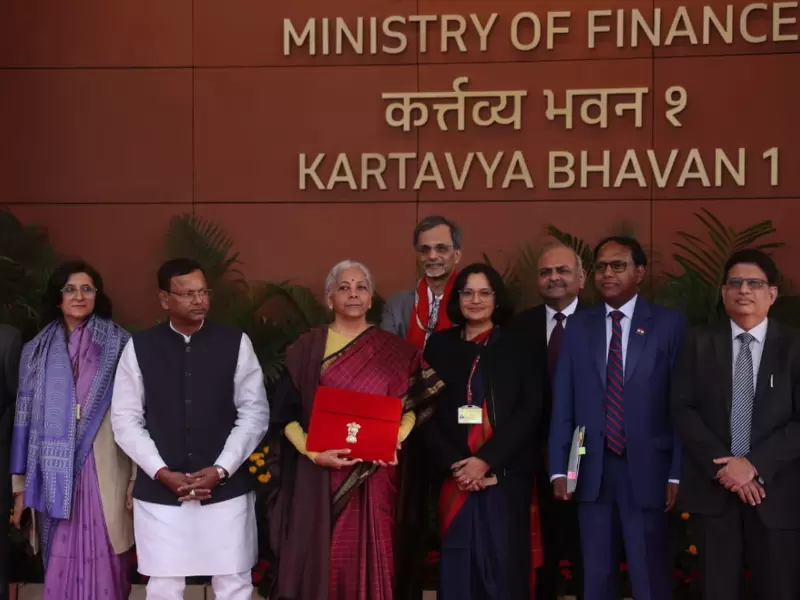Yale scientists develop blood test to detect early heart transplant rejection
The study marks the first time a non-invasive test has shown the ability to distinguish between types of rejection in heart transplant patients.
 Dr. Sounok Sen and Dr. Prashanth Vallabhajosyula / Yale
Dr. Sounok Sen and Dr. Prashanth Vallabhajosyula / Yale
Three researchers at Yale School of Medicine—Dr. Prashanth Vallabhajosyula, Dr. Sounok Sen, and Dr. Laxminarayana Korutla—have developed a promising blood test that could potentially replace surgical biopsies in detecting heart transplant rejection.
Their findings, recently published in ‘Transplantation’, suggest that exosomes—small biological packets released by cells—can act as biomarkers for identifying and monitoring different types of rejection.
The study marks the first time a non-invasive test has shown the ability to distinguish between types of rejection in heart transplant patients. “This is the first time that we’ve had a noninvasive method to delineate between the different types of rejection that may occur within the heart,” said Sen, who is the medical director of the Yale Cardiac Transplantation and Mechanical Circulatory Support Program. He is also an assistant professor of medicine (cardiology) at Yale School of Medicine.
Currently, heart transplant patients must undergo frequent surgical biopsies to check for rejection. “The gold standard has always been a heart biopsy,” Sen told Yale School of Medicine. “But we always wondered if there were better ways to do this that didn’t require invasive procedures.”
The research was led by Vallabhajosyula, an associate professor of surgery (cardiac), with Sen and Korutla, a research scientist at YSM, as co-authors. The team collected blood samples from 12 transplant patients before and after surgery. Of these, six patients experienced 11 episodes of moderate acute cellular rejection. The researchers found that during rejection episodes, exosomes from T cells and the donor heart showed specific molecular changes.
“When the donor heart was not being rejected by T cells, we saw particular quantities of diverse molecular cargo inside the exosomes,” Vallabhajosyula said. “When the heart was undergoing rejection, those markers increased.”
The study also identified a case of antibody-mediated rejection—a different type of immune response—by analyzing exosomes from B cells. “Having a non-invasive molecular window into what the cells of interest are doing with regards to the transplanted organ is critical,” Vallabhajosyula said.
Importantly, most current blood tests cannot detect rejection within the first 30 days of a transplant. In this study, 10 of the 11 rejection episodes occurred within 38 days post-surgery, and all were detected using the new platform. “We can now start looking for rejection from the very beginning,” Vallabhajosyula said.
The test also appeared effective in monitoring treatment outcomes. When patients were treated for rejection, exosome profiles returned toward baseline, suggesting the platform could be used to track response to immunosuppressive therapy.
Sen added that the team is now analyzing samples from over 100 patients to further validate the test’s utility. Despite the current reliance on biopsies, the team emphasized the risks of invasive procedures and the value of a safer alternative.
“As a physician, when you go through experiences like that with your patient, you never forget it,” said Vallabhajosyula, recalling a post-biopsy complication that caused renal failure. “If science like this can potentially help avoid such situations for our patients, what more could I ask for as a physician?”
ADVERTISEMENT
ADVERTISEMENT
E Paper
Video




 Pranavi Sharma
Pranavi Sharma













Comments
Start the conversation
Become a member of New India Abroad to start commenting.
Sign Up Now
Already have an account? Login